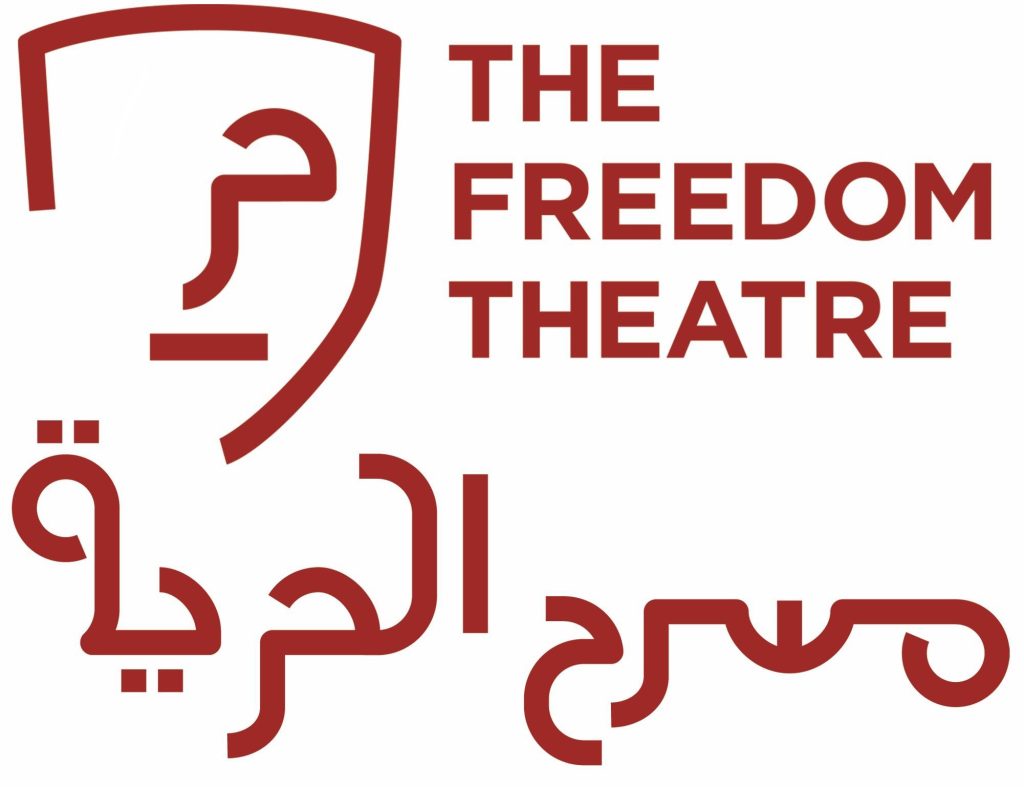During the summer our hearts and minds were focused on Gaza. As Israeli bombs were raining down on the besieged population, causing unimaginable horror to countless civilians, we cancelled all our planned activities and engaged in an intensive advocacy campaign, joining a wave of local and international grassroots initiatives.
We held street theatre events in Jenin supporting the BDS (Boycott, Divestment and Sanctions) movement, while staff and members wrote many articles, joined vigils and spoke at demonstrations. The theatre together with other cultural institutions in Palestine made a statement expressing support to our colleagues in Gaza, urging fellow artists worldwide to support the cultural and academic boycott of Israel.
Now, as a fragile ceasefire is being upheld, we once again turn to our core activities and among them, no less than three new productions that we are working on simultaneously. They all share a common aim of countering the very deliberate Israeli strategy of fragmenting Palestinian society.
This autumn and the coming spring will be a milestone for The Freedom Theatre as we take our productions on extensive tours across the West Bank. We will perform in villages, towns and refugee camps such as Nabi Saleh, Jiftlik, Nil’in, Aida Camp, Aroub Camp and Atuwani.
Atuwani
Following the success of Our Sign is the Stone, based on stories from the village Nabi Saleh, The Freedom Theatre returns to Area C to document the life and resistance of people in Atuwani in the South Hebron Hills. The play that is being developed follows extensive research and interviews with community members, with a special focus on the women who play a central role in Atuwani’s struggle.
“To me this play is a perfect exercise in cultural resistance”, says Faisal. “We go to a community that is facing unimaginable pressure and harassment from settlers and army. Yet they have managed to stay together, to fight together. We collect their stories, analyze them, turn them into a play, and then our students tell the stories to other communities around the West Bank.”
The Atuwani play opens in Jenin on October 14th and will subsequently tour to villages, towns and refugee camps, among them of course Atuwani where several performances will be held. Read more.
Gender-based violence
The second play that is being developed centers around the topic of gender-based violence. The project, supported by UNESCO, starts off with interactive theatre workshops with women in marginalized communities throughout the West Bank. Based on the women’s stories a play will be devised and presented in rural areas, Bedouin encampments and refugee camps. It will be accompanied by an educational package that will be distributed to the audience and to teachers.
“Gender-based violence is not only physical violence”, says Momin Switat, a 2011 graduate of The Freedom Theatre School who has spent the last years studying at the London International School for Performing Art (LISPA) and now returns to The Freedom Theatre to work as creator on this production. “It has been on the rise in Palestinian society over the past years which has raised alarm bells among several Palestinian organisations, including The Freedom Theatre. As someone who grew up in this society, I feel that theatre is a very powerful tool to tackle critical issues such as gender-based violence.”
The play will open in Jenin on the 5th of November and then embark on a West Bank tour.
Power/Poison
The third production is a play for children and focuses on sibling relationships within an uncertain world. It deals with the fear of abandonment that is common among all children – but in Palestine this fear is aggravated by arbitrary arrests and killings that separate children from parents.
Poison/Power puts the spotlight on how children copy the reality they see around them, in this case Jenin Refugee Camp, and how the behaviour of adults affect how children imagine their future.
“This production will give us a chance to engage directly with children who face the particular problems that the play highlights”, says Nabil Al-Raee, director. “The children will be given space to think and share their thoughts on these themes in a safe and caring environment.”
Poison/Power will be presented to an invited audience on October 2. The official opening will be in January 2015. Read more.
